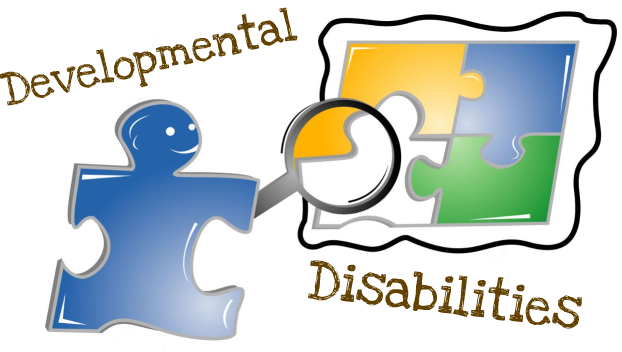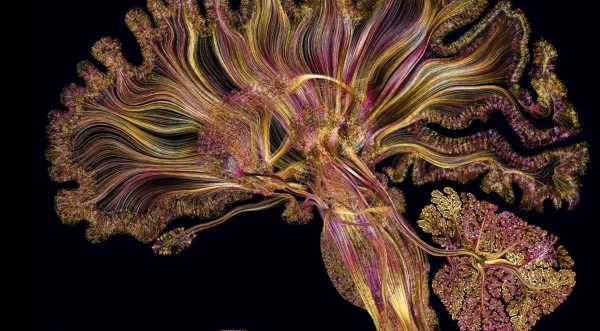Childhood Developmental Disabilities: What you need to know
Are you, or is someone you know, affected by a developmental disability? The answer is yes. According to the Center for Disease Control and Prevention (CDC), “about one in six children in the U.S. have one or more developmental disabilities (DDs) or other developmental delays.” The same study also stated that the “prevalence of parent-reported DDs has increased 17.1% from 1997 to 2008.”
You’re probably wondering why there has been such a huge increase. Unfortunately, we really do not know why. Through studies covered by CBS News, scientists have discovered that, “[b]oys [are] twice as likely to have a developmental disabilities,” and that “developmental disabilities [are] more common among children from low-income families.” While these discoveries are important and helpful, they do not carry enough relevance and data to provide an answer for the cause of the increase.
As indicated by the CDC research, in recent years, more and more parents have been taking their children to get diagnoses from medical professionals. It is possible that instead of a rise in developmental disabilities, we are seeing a rise in children getting diagnosed and an increase in parents reporting these diagnoses. In the past, knowledge about developmental disabilities was much less widespread and parents were more likely to convince themselves that their child had no real issues. Also, because of the stigma and societal disapproval of people with disabilities, parents may have been further dissuaded from recognizing and reporting problems.
In very recent years, with the advances of technology and social media, smartphones and electronic devices have made society less attentive and focused. When you go out to dinner or walk through a city, everywhere you look almost everyone is staring at their smartphone. We simply live in a world that is filled with constant distraction, causing people to have difficulty focusing on one thing at a time. As a potential result of our busy environments, people’s cases of ADHD could increase in severity.
Hopefully, in time, scientists will determine the reason for our increasing difficulties with developmental disabilities, but in the meantime, our everyday environment effectively disables us all.
Work Cited
https://www.cdc.gov/ncbddd/developmentaldisabilities/features/birthdefects-dd-keyfindings.html
www.kibois.org/images/DD/DD_Logo.png

Hello, my name is Peter Byhouwer. I am a senior and this is my second year as a member of the Wildezine staff. In addition to serving on the Wildezine...











Scout Crooke • Nov 27, 2017 at 4:46 pm
This article is very interesting, especially in the fact that scientists discovered that boys are twice as likely to have a developmental disability and that they are more common for younger children. These facts are surprising and lead me to wonder why this is true. I also heard about a study that found that there has been an increase in depression and stress among people since the development of more technologies such as phones. Overall, this is a great article because it is informative and brings light to the situation of developmental disabilities, which is very important. Furthermore, this article helps more people be aware of developmental disabilities and the large amount of people that they affect.